ISLAMABAD, Feb 8: World Bank President James D. Wolfensohn on Tuesday pledged a $1 billion annual assistance for the next three years to Pakistan but asked the government to pay greater attention to alleviate poverty which has increased in the last two years.
He also called for a reorganization of the government departments to eradicate corruption, which was still in vogue and could not be eliminated without transparency, judicial reforms, better education and devolution.
Speaking at a news conference here on Tuesday at the conclusion of his visit to Islamabad, the World Bank chief said the appointment of neutral expert on the Baglihar dam issue on Pakistan's request would be made in about two weeks.
However, he made it clear that the World Bank was not a guarantor to the Indus Waters Treaty, and said that the implementation of the verdict of the neutral expert would be binding on both parties.
Mr Wolfensohn said the bank's general council was examining the Baglihar dam issue and trying to appoint a panel of neutral experts in accordance with the provisions of the treaty as early as possible so that a way out could be found.
The World Bank president repeatedly called for an improvement in the social sector, including health care, education, roads and services which, he said, were central to poverty reduction and a real test for the government.
Besides the social sector, he mentioned four areas where Pakistan was required to pay more attention.
These included rebuilding of the investors confidence that the system was free from corruption and rules and procedures were not changed every now and then.
Secondly, development of infrastructure and energy sufficiency, including good transport system within big cities, and travel to and from sea ports and airports etc. Third, improvement of the telecommunication system and technology which was crucial for the present day progress, and finally improvement of education standard at universities and quality of research to attract a large number of highly qualified Pakistanis living abroad.
Mr Wolfensohn appreciated Pakistan's economic achievements but urged the importance of avoiding the risk of complacency that set in with success, and emphasized that the challenge now was to sustain reforms in order to accelerate growth and achieve the millennium development goals.
He said that Pakistan's progress in the last few years had been terrific but it must stay the course until the benefits of its achievements reach the vulnerable sections of the society, including the poor, women, children and the disabled.
He said Prime Minister Shaukat Aziz discussed the World Bank's help in some vital areas like education, energy, water resources development and second-generation reforms and added that a major part of the $3 billion assistance to Pakistan in next three years would be made through concessionary terms.
The World Bank president said that poverty could not be alleviated without rapid growth, and added that Pakistan had done very well to achieve growth at the macroeconomic front. This would enable it to concentrate on improving social outcomes, he said.
Mr Wolfensohn was of the view that Pakistan still had a long way to go in terms of achieving its human development goals, and that a renewed focus on better social service delivery, and empowerment of women would allow it to contribute to the achievement of the millennium development goals.
He referred to Prime Minister Aziz's vision for improvement in education, water, energy and initiation of second-generation reforms and said that improvement in education and health, strengthening and supporting small and medium enterprises, special emphasis on rural development and provision of necessary infrastructure held the key to poverty reduction in Pakistan.
Responding to a question on the Kalabagh dam, the World Bank president said that no specific storage project had come up for discussion and, therefore, he could not comment on its merits.
Meanwhile, an official statement quoted Prime Minister Shaukat Aziz as asking the World Bank president to expedite the appointment of neutral experts to resolve the Baglihar dam issue. He said that Pakistan wanted to reach an amicable settlement with India on this issue.
The prime minister said that with growing economy, the demand for energy was also increasing. The government was currently exploring the possibility of importing gas from Iran, Qatar and Turkmenistan and importing LNG to meet energy requirements.
The prime minister also underlined the need for a rehabilitation and repair of the existing irrigation system and enhancement of storage capacity.


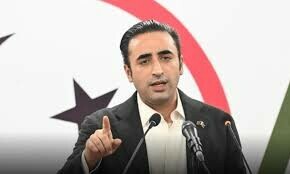












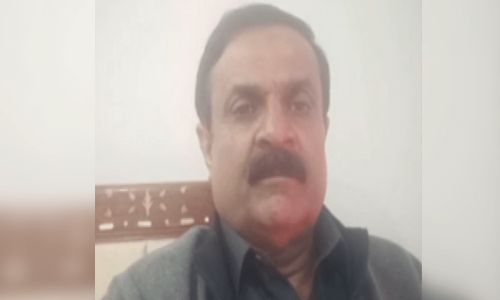
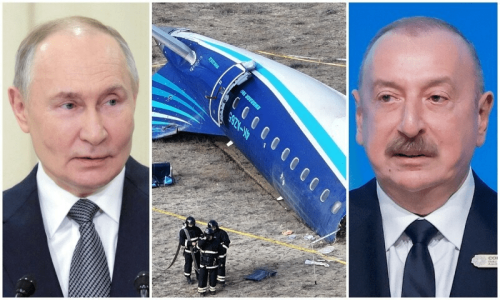
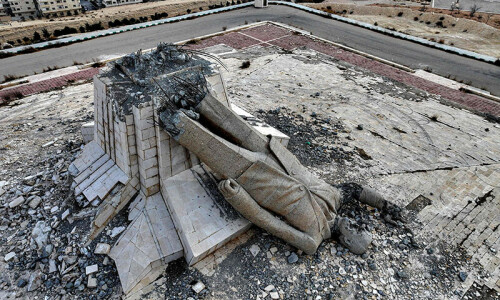

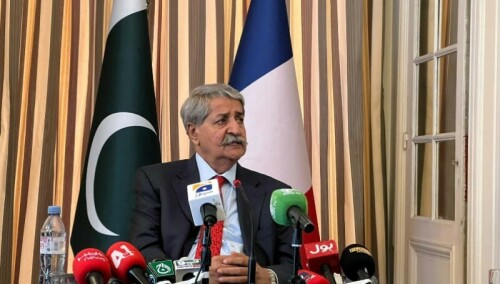


























Dear visitor, the comments section is undergoing an overhaul and will return soon.